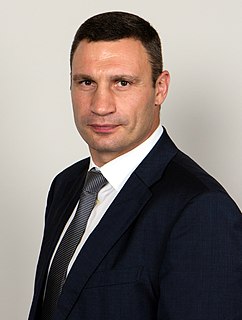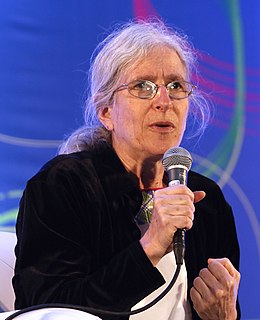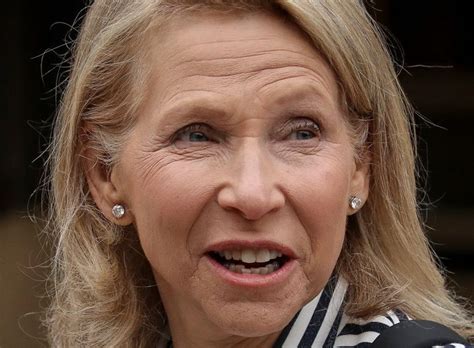A Quote by Vladimir Putin
Our common goal should be the development of a system of equal security for all governments. System adequate [to deal with] modern threats, built on regional and global nonaligned bases. Only then can we ensure peace and tranquility in the world.
Related Quotes
Actually, the phrase "national security" is barely used until the 1930s. And there's a reason. By then, the United States was beginning to become global. Before that the United States had been mostly a regional power - Britain was the biggest global power. After the Second World War, national security is everywhere, because we basically owned the world, so our security is threatened everywhere. Not just on our borders, but everywhere - so you have to have a thousand military bases around the world for "defense."
But Australia faces additional regional and global challenges also crucial to our nation's future - climate change, questions of energy and food security, the rise of China and the rise of India. And we need a strong system of global and regional relationships and institutions to underpin stability.
When I launched the development of the GNU system, I explicitly said the purpose of developing this system is so we can use our computers and have freedom, thus if you use some other free system instead but you have freedom, then it's a success. It's not popularity for our code but it's success for our goal.
Peace is our goal, but peace from strength, an enduring peace that will bring regional cooperation. What we have emphasized and agreed is that we are strategic partners. We are bound by common interests and will act together to ensure both the safety of United States and the safety of Afghanistan. That is the important consideration. Numbers are a means; they are not an end in themselves.
The industrial leader of the 20th century was a system-builder. He was a visionary in terms of what could be built; got the capital together; certainly convinced investors that it was possible; and then ran a high-volume production system that would spew out a vast array of almost identical goods and services. They would be changed from time to time; there was research and development, to be sure. But the system was built around production, not innovation.
Grant us a common faith that we shall know bread and peace-that we shall know justice and righteousness, freedom and security, an equal opportunity and an equal chance to do our best not only in our own lands, but throughout the world. And in that faith let us march toward the clean world our hands can make.
How do we address network neutrality when the whole world is connected? How do we ensure governments don't purloin this for political purposes? It's already happening. Look at Russia on the American election. How do we protect data security when everyone's connected? Look what happened with the ransomware. How do we deal with cybercrime and cyberterrorism and the disruptions of the system? And we're seeing this every week now.
We have to get back to a government where leaders are willing to talk across party lines and do not have absolute politics as the goal. Our goal has to be bettering the country, making sure we have an education system that is world-class and a healthcare system that is world-class, making sure social security is safe. People don't care who is huddling in a corner with whom, making the next political move. If you are elected to do a job, you are supposed to do it to the best of your ability.
































